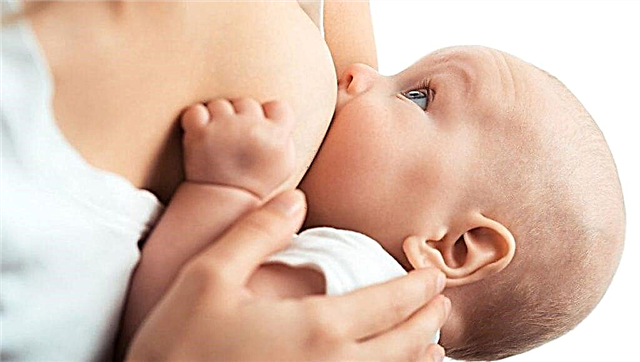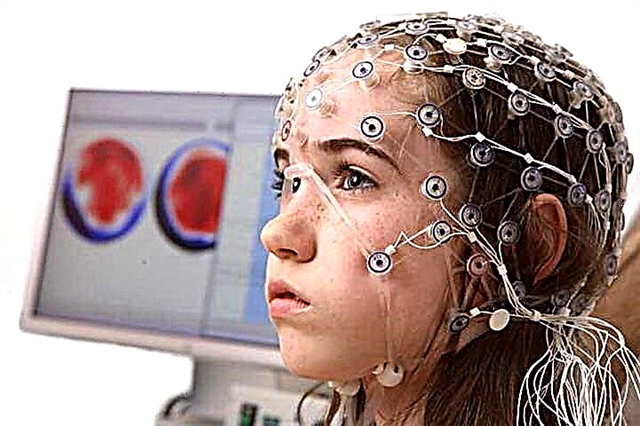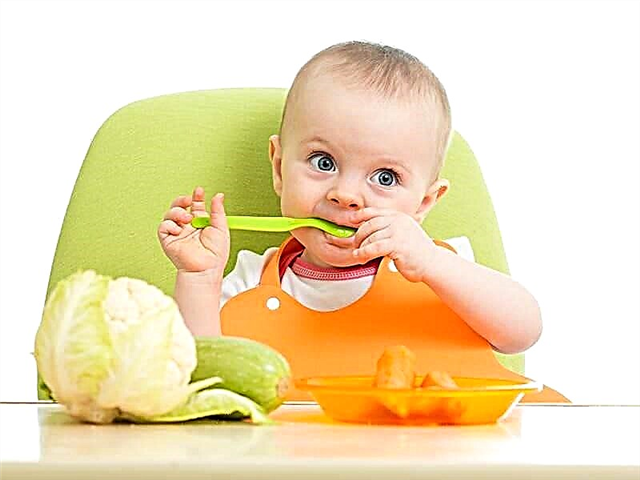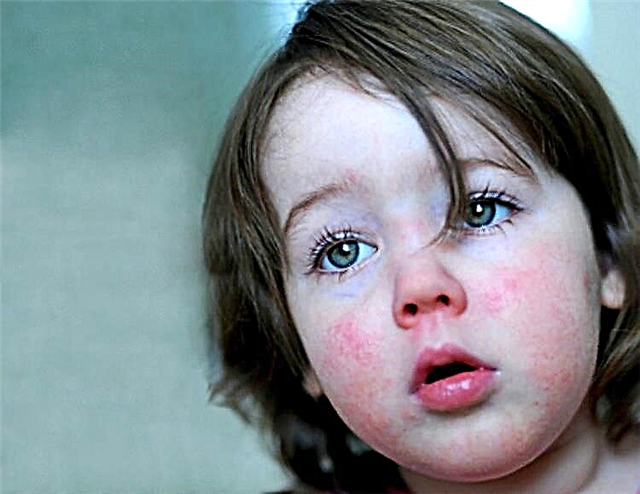During the period of breastfeeding, there are often many controversial questions regarding the mother's nutrition. And one of them concerns exactly coffee, as it is one of the most favorite drinks of many women. Therefore, some consider it harmful and dangerous to use it during lactation, while others do not even think about it and “enjoy” it, considering it useful. Can I breastfeed coffee? Is there an alternative to this drink? Does it affect the child? How does its effect on the body change when milk is added?
Should you stop drinking coffee while breastfeeding?
According to scientific evidence, it takes about ten hours to remove caffeine from the body of an adult. On average, one cup contains about 100 - 150 mg, and its maximum content in breast milk is reached after one hour.
Is coffee possible for nursing mothers, or should it not be consumed during lactation? This question interests many mothers, especially the "ardent" lovers of this drink.
General information about the effects of coffee on the body
This drink has a tonic, stimulating, invigorating effect, as well as improving brain activity and enhancing the digestive process.
It contains: caffeine, trigonelline, chlorogenic acid, vitamin P, essential oils, tannins.
This drink, like all food products, is absorbed into the bloodstream and enters the baby through breast milk. Therefore, with its excessive use or the presence of contraindications, side effects may occur.
It carries a particular threat with prematurity and a tendency to allergic reactions.
The most frequent complications of its use during lactation are considered to be: an allergic reaction, sleep disturbance, overexcitation, moodiness and tearfulness of the child, colic, anemia and dehydration in the baby.

Penetration of coffee into breast milk
When a nursing woman consumes it, the caffeine contained in it penetrates into milk quite well, but it is difficult for the crumbs to be excreted from the body. Therefore, if the mother regularly drinks this drink and in large volumes, caffeine accumulates in the baby's body. In turn, this will negatively affect the well-being and condition of the child.
Different types of coffee have different caffeine content, and newborns and children under two years of age cannot quickly remove it from the body. Therefore, this drink can contribute to the appearance of side effects.
Average rates of caffeine elimination in children depending on the age of the baby.
| Age | Number of hours |
| Premature | 66 – 105 |
| 0 - 3 months | 80 – 98 |
| 3 - 6 months | 14 — 15 |
| 6 months to 2 years | 2,5 – 10 |
The negative effects of caffeine on a baby during breastfeeding

The effect of this drink is varied. It affects many organs and systems. So, for example, it acts on the body of the baby in the following way:
- promotes overexcitation, the appearance of tearfulness and irritability;
- causes allergic reactions;
- has a diuretic effect;
- removes calcium and other minerals;
- its use in large quantities helps to reduce the concentration of iron in breast milk and leads to the development of anemia in the baby.
You must immediately stop taking this drink if caffeine or drugs that have a similar effect (for example, theophylline, etc.) are prescribed.
Misconceptions About Coffee Drinking While Breastfeeding
There are many misconceptions about its use during lactation. And here are some of them.
- When choosing drinks, preference should be given to green tea. This opinion is considered erroneous because it also contains caffeine (theine), which irritates and excites the nervous system.
- It is recommended to replace this drink with decaffeinated coffee. But the mistake lies in the fact that it also contains it, but simply in a smaller amount. The disadvantage of this type of coffee is the high content of cholesterol in it, which can negatively affect the crumb.
- During the period of breastfeeding, the mother should eat and drink everything that she used before pregnancy and childbirth, and then her baby adapts to food faster. This is not true, since all foods are an excessive load on the baby's still unformed digestive system. Therefore, it is recommended to introduce adult food into his diet only from six months.
- Many mothers believe that drinking a couple of cups of this drink every day will not affect the state of the baby. But you should know that in the presence of contraindications, a tendency to allergies, not only side reactions can occur, but also addiction to it.
If you really want to ... Which drink to give preference

In the absence of contraindications, drinking coffee in a reasonable amount is not prohibited. However, if the mother is addicted to it or has developed an addiction to it, it can be replaced with: chicory, herbal infusions, anise, cumin, barley drink, herbal teas, dill water, etc.
In the event that you really want coffee, it is better to follow the following rules:
- use it in the morning, so as not to once again provoke restless sleep in the baby;
- it is better to drink it after the baby has been fed, so the body of a nursing woman will have two hours more time to remove caffeine before feeding the crumbs;
- do not consume coffee every day to reduce its concentration in milk;
- eat more dairy products;
- it is necessary to increase the general drinking regime, since this drink increases the excretion of fluid from the body;
- dilute it with milk.
It is not recommended to consume this drink until at least three months of age.
How to choose coffee?
During breastfeeding, preference should be given to freshly ground coarse grains (since they contain less caffeine).
If the coffee beans are ground and brewed before consuming it, then the caffeine content in it will be several times less than in what was industrially ground.
It is better not to drink instant coffee, as for this type of drink mainly low varieties are used. And there is also the possibility that you can buy freeze-dried powder with artificial caffeine instead (and it contains twice as much caffeine as coffee beans).

How to cook?
Before brewing this drink, you need to grind just enough grains to make it enough for one meal.
It is necessary to pour pure spring water or filtered into the Turk (up to its neck), then add two teaspoons of ground grains (for one serving), and if you wish - one or two tablespoons of granulated sugar. It is necessary to cook the drink over low heat. When the foam begins to rise, the Turk should be set aside so that it settles a little. This procedure must be repeated three times. The drink can then be poured into cups.
Frequency of coffee consumption by a woman during lactation
It is forbidden to drink more than 3 to 4 cups of this drink during lactation, as side effects may occur.
In the event that the mother is a coffee lover and cannot refuse it for the period of breastfeeding (given that there are no other contraindications), then it is permissible to consume a couple of cups a day.
But at the same time, it is very important to monitor the reaction of the crumbs, and it is also necessary to exclude all other products containing caffeine.
Coffee with milk
Is it possible for a nursing mother to have coffee with milk and is it more useful?
In the absence of an allergic reaction to coffee and if it is tolerated, it is better to consume this drink with milk. Since it contains a lot of calcium, it is it that is necessary for the baby's bones to be healthy and strong. In addition to calcium, milk contains zinc, and it has a beneficial effect on the skin, nails and hair of the crumbs.
Until the age of six months, mothers should not drink more than 50 ml of milk per day, since in addition to allergic reactions, the baby may also develop intestinal problems (increased gas production, abdominal pain, upset stools). After the child reaches this period, you can gradually increase the volume of milk to 200 ml.
Milk should be natural, not UHT. Its fat content should be from 2, 5%. It is allowed to use this product in store bags or packaging.
Looking for an alternative to coffee
If the mother or child has contraindications to its use, it is recommended to exclude coffee from your diet (at least temporarily).
But what to do if his mother loves him very much or one or two cups a day is not enough for her? In this case, you can find an alternative to coffee.
Substitutes for this drink are:
- chicory. It contains many vitamins, macro- and microelements, as well as many other useful components. This drink has a calming effect on the nervous system, gastrointestinal tract, improves metabolic processes in the body;
- barley drink. One of its important advantages is increased lactation. It contains proteins, vitamins, vegetable fiber, mineral salts. Barley drink improves kidney function and digestive system;
- acorn coffee. This drink contains a lot of protein, tannic acids, starch substances, plant flavonoids. Due to this, it has anti-inflammatory, antibacterial effects, and acorn coffee normalizes the work of the cardiovascular, nervous, respiratory and digestive systems.
Pediatrician's opinion about coffee with hepatitis B
In a reasonable amount, its use does not pose a particular threat to the health of the mother and baby. But in the event that there are contraindications, it should not be used (for example, the child was born prematurely, there are manifestations of an allergic reaction, etc.), since side reactions may occur.
It is recommended not to drink this drink until three months of the baby's life, since the rate of elimination of caffeine from the body during this period is very low. But nevertheless, if mom cannot completely give up coffee, do not abuse it. If the cravings are very high, then it is best to replace it with alternative drinks.

Conclusion
During the period of breastfeeding, nursing mothers have to give up many products, and one of them is coffee. But it is not always necessary to deny yourself this "delicacy" for the entire lactation period. The main rule (in the absence of contraindications) is to know when to stop and not to overdo it. When choosing between instant and ground coffee, give preference to ground coffee, as it is of better quality and contains less caffeine.
Do not consume this drink if contraindicated. You should not do this, because not only your health depends on the cup of coffee you drink, but also the health of your baby.
Take care of your children! Be healthy!



